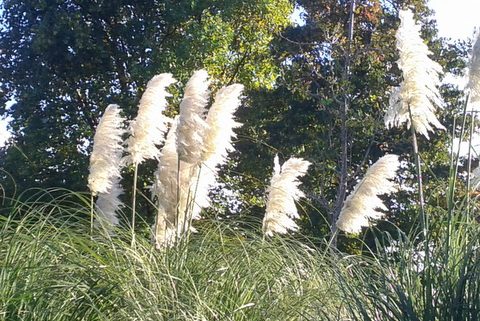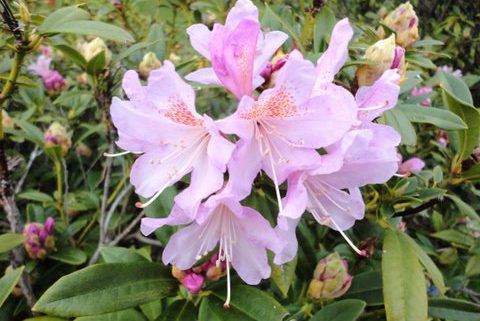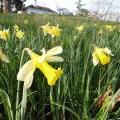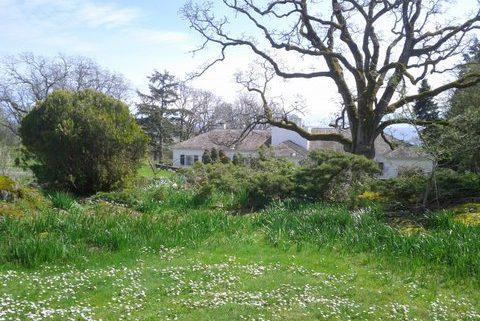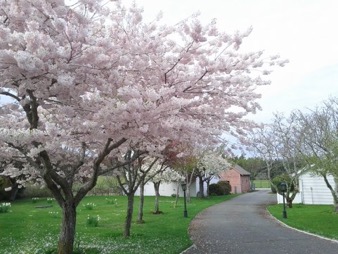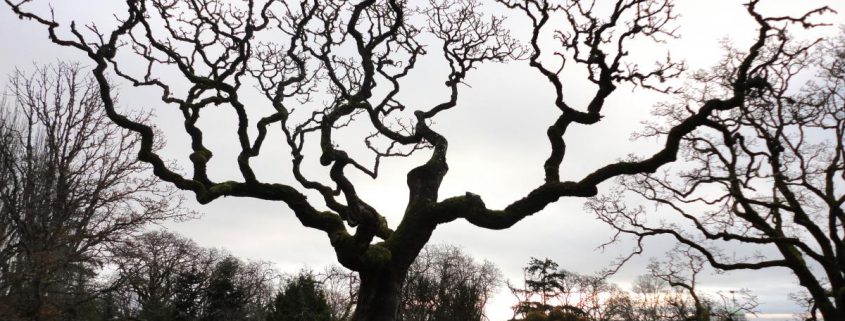Am I Free?
Am I free? Can I answer this question without simply agreeing with a preconceived notion of what freedom is? Outwardly, it seems I am free—I can go where I wish, interact freely with others, and express myself freely. So it seems I can act freely. But are my values and perceptions, which guide the choices behind my actions, actually a result of my own free will? Or are they perhaps the result of sociocultural conditioning? If I see that inwardly I am not free, could this lead to an understanding that gives rise to true freedom? If I look at my internal world and question whether or not I am free inwardly, I can’t declare with certainty that my thoughts are rooted in values and perceptions that I personally formed of my own free will. Instead, I see that I have internalized the values of a society that values hierarchy, competition and material success above all else, and that even in subtle ways these values have shaped my perceptions—they heavily influence the way I relate to the world, to others and to myself. This isn’t a matter of accepting a truth that allows me to avail myself of personal responsibility, or to solidify an identity as some sort of enlightened outsider or proudly informed cynic. It’s certainly not a matter of finding a new reason to feel bad about myself. Rather, I’m really asking the questions: “Why am I unhappy?” and “Why do I feel so disconnected from other people most of the time?” Since I was young, I was fed this notion that in order to be happy in life, I need to achieve a certain degree of material success; I was taught that happiness is a matter of status, achievement and acquisition. Even while many parents and teachers try to teach cooperation and respect to children, the overall educational system and the greater culture ultimately emphasize competition, status, and deference to authority. Externally, these things ultimately serve to perpetuate a power structure that is a modification of older dynastic and imperialist systems. Internally though, how do these values affect us? How are they playing out in our lives as individuals on a daily basis? Is the basic truth of my experience the same for others? Here I am, 34 years old, and feeling quite lost in this world. The course of my life has thus far deviated from the prescribed path that apparently leads to success and happiness, and I find that I am dissatisfied with my life. But is the reason for my dissatisfaction really that I haven’t achieved certain things, that I haven’t become a certain person, or is it that I’ve internalized a false paradigm that dictates the conditions for my happiness? In other words, is my dissatisfaction actually rooted in the fact that I am conditioned, that I am not truly free inside? Furthermore, while I cherish moments of true connection with others, I often find myself measuring my own worth in comparison to those whom I perceive to have achieved and acquired more than I have. This perception is a very narrow one that excludes the complexity of both my life and theirs, and even though I can see how silly it is when I really look at it, the fact remains that this pattern is here, inside me. Could this perception be connected to the paradigm of competition that is so emphasized in this society? I have come to perceive myself in a number of ways that cause me to contract and shut down around others, and wear a mask to protect myself in social situations. I’ve taken on very narrow perceptions of others and myself, which prevent me from relating to them in a truly connected way. Are these really my perceptions, which I have chosen of my own free will, or do they reflect something that I’ve unconsciously adopted from my environment—from my upbringing, my education, and my culture? Those are just some observations of my current experience as an individual and a member of this society. When I look at my inner world in relation to the outer world, I can’t help but question the true nature of my perceptions and what I take for granted as simply being “my” thoughts (which include “my” fears, hopes and dreams). I am grateful to have many kind and loving people in my life, but this is an exploration into why, among other things, I feel so disconnected despite that fact; this is an exploration into why I find it so hard to be happy without buying into some superficial notion of happiness or success. So, am I free? And if I am not, can I look at myself in a way that brings about an understanding that is not rooted in the same conditioning that binds me? Can I then begin to have deeper compassion for both others and myself? Can I step back and ask myself, “What’s really happening here? What’s at the root of both my dissatisfaction and my search for happiness?” Could I perhaps find contentment in living my life as it is, without always measuring my own value against some pre-existing paradigm—without, perhaps, measuring or judging at all? Would this be freedom? JR “It seems to me that before we set out on a journey to find reality, to find God, before we can act, before we can have any relationship with another, which is society, it is essential that we begin to understand ourselves first… Now without knowing yourself, without knowing your own way of thinking and why you think certain things, without knowing the background of your conditioning and why you have certain beliefs about art and religion, about your country and your neighbour and about yourself, how can you think truly about anything? Without knowing your background, without knowing the substance of your thought, and whence it comes—surely your search is utterly futile, your action has no meaning, has it? Whether you are an American or a Hindu or whatever your religion is has no meaning either. Before we can find out what the end-purpose of life is, what it all means—wars, national antagonisms, conflicts, the whole mess—we must begin with ourselves, must we not?” J. Krishnamurti, The First and Last Freedom

